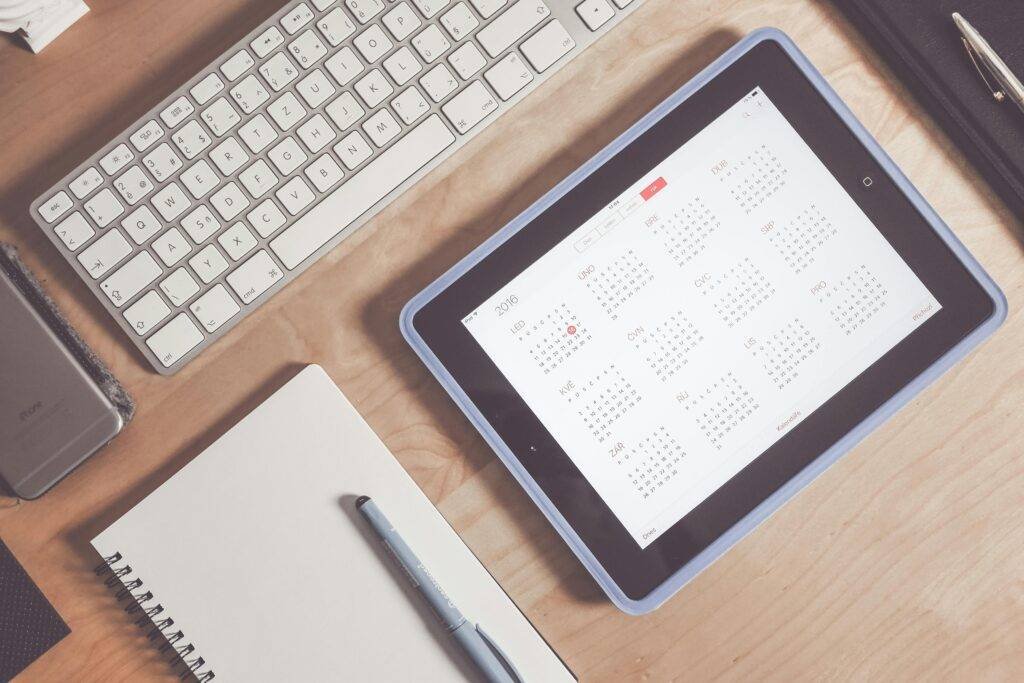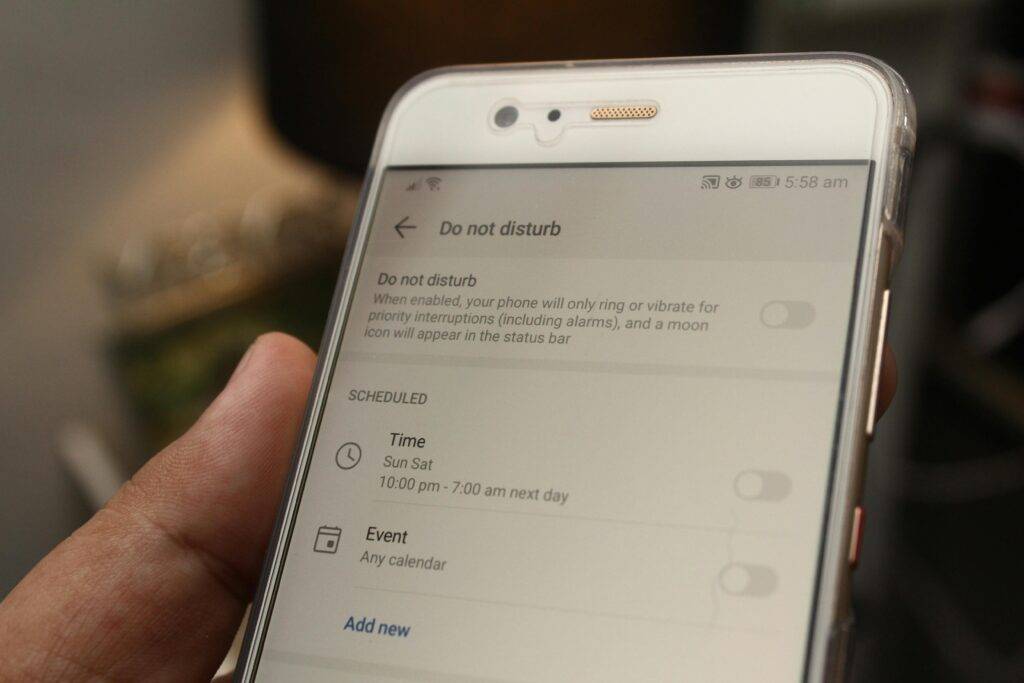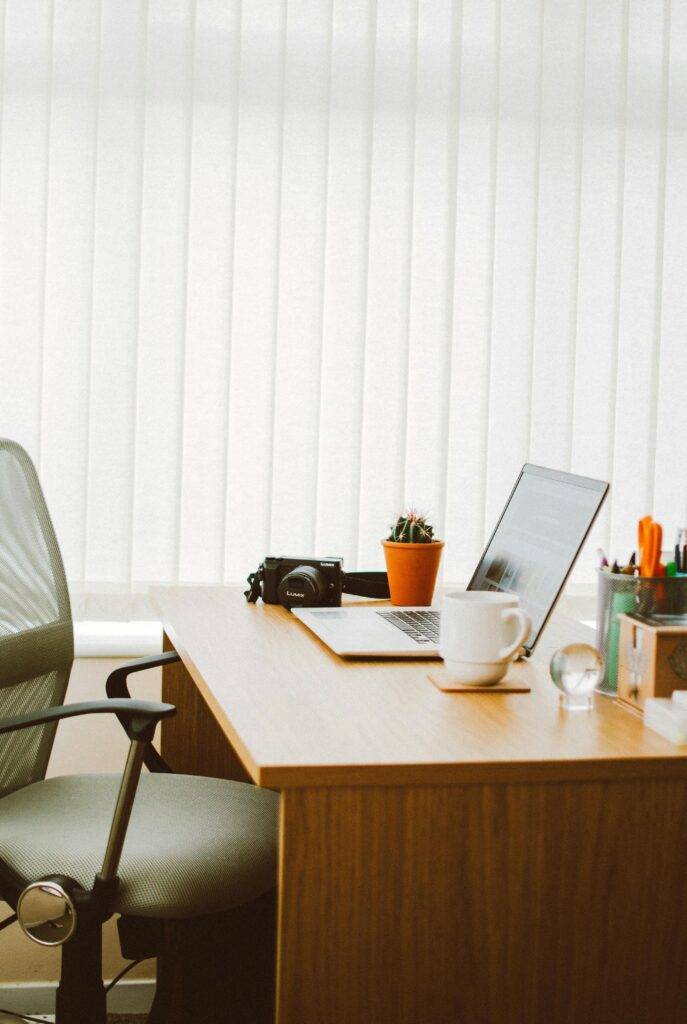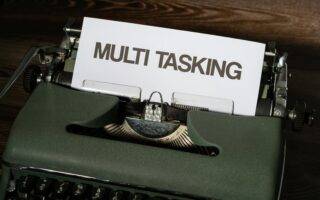Whether managing a full-time job, parenting responsibilities, or both, making the most of your workday can feel like an uphill battle.
Some days, it’s hard to remember what you were doing five minutes ago—let alone finish a to-do list.
The good news? You don’t need to overhaul your entire life to feel more productive.
Small, consistent habits can make a massive difference in how much you get done and how you feel while doing it.
Here are 10 simple but powerful habits to help you make the most of your workday—with less stress, more clarity, and actual energy left at the end of the day.
1. Plan Tomorrow Before Today Ends

One of the best ways to avoid a chaotic morning is to plan your next day before you shut your laptop.
Spend just 5–10 minutes at the end of your workday to:
- Write down your top three priorities
- Review your calendar or meeting schedule
- Block out time for focused work
- Prep anything you’ll need (laptop charger, paperwork, or even just your water bottle)
This tiny shift helps you start your day with clarity and purpose instead of scrambling and reacting.
Plus, you’ll sleep better knowing things are under control.
2. Protect Your “Power Hour”
Not all hours are created equal.
Everyone has a time of day when they’re naturally more focused and productive—often in the morning, before distractions take over. This is your “power hour.”
Use it intentionally.
Block this time for deep, focused work that requires concentration—like writing, planning, analyzing, or problem-solving.
Avoid scheduling meetings or opening your inbox during this time.
If your mornings are chaotic (looking at you, school drop-offs and Zoom calls), find the next best window and protect it.
Treat it like a meeting with your best self.
3. Stop Multitasking
Multitasking feels like you’re getting more done, but research says the opposite.
When your brain constantly switches tasks, your productivity drops—and your stress increases.
Instead, try single-tasking.
That means:
- Focusing on one thing at a time
- Batching similar tasks (like answering emails, making calls, or updating spreadsheets)
- Putting away distractions (more on that next)
You’ll be amazed at how much faster—and better—you can finish something when your attention isn’t divided.
4. Minimize Digital Distractions

Let’s be honest: phones, apps, and notifications are productivity killers.
The average person checks their phone over 90 times a day. That adds up fast.
To reclaim your time:
- Use “Do Not Disturb” mode during focus blocks
- Silence non-essential app notifications
- Keep your phone out of reach or in another room
- Use website blockers like Freedom or Cold Turkey to stay off social media
You don’t have to go totally tech-free—but giving yourself a few distraction-free windows can help you get hours of your life back.
5. Start With a Quick Win
Starting your day with a small, doable task can create momentum and motivation.
This could be:
- Responding to one easy email
- Tidying your workspace
- Checking off a 5-minute admin task
It’s not about avoiding your big tasks—it’s about warming up your brain.
Quick wins create a snowball effect that makes diving into more complex work easier.
6. Stay Fueled and Hydrated

It’s hard to focus when you’re dehydrated, underfed, or running on caffeine and fumes.
Your brain is part of your body and needs fuel to function.
Try to:
- Drink water throughout the day (keep a bottle at your desk!)
- Eat small snacks that support energy—like nuts, yogurt, fruit, or something with protein
- Step away from your desk for lunch—even if it’s just 15 minutes
Also, don’t underestimate the power of movement.
A quick walk or stretch can re-energize your body and clear mental fog.
7. Keep Your Workspace Clear

Your environment plays a huge role in how you feel—and how well you focus.
A cluttered desk can add to the chaos and distract your brain.
Each morning (or evening), do a quick desk reset:
- Throw away trash or old sticky notes
- File papers you don’t need right now
- Close unused browser tabs
- Wipe down your desk and screen
Even if you work from the kitchen table, create a little workspace that feels calm, tidy, and yours.
Bonus: Organize your digital workspace, too. A clutter-free desktop or inbox can bring serious relief.
8. Use Time Blocking Instead of a Giant To-Do List
To-do lists can get overwhelming—especially if they’re long, unrealistic, or constantly growing. Try time blocking instead.
Time blocking means assigning specific tasks to specific blocks of time on your calendar. For example:
- 9:00–10:00: Respond to emails
- 10:00–12:00: Work on presentation
- 12:00–1:00: Lunch break
- 1:00–2:00: Budget review
This method forces you to be realistic about how long things take and helps prevent overscheduling.
You’ll feel more in control and less like you’re chasing an endless list.
9. End Your Day with a Wind-Down Routine
Just like you start your day with intention, you should close it out with one too.
A 10-minute end-of-day routine can help you leave work at work (even if you work from home).
Try this:
- Review what you accomplished
- Move any unfinished tasks to tomorrow’s plan
- Shut down your computer completely
- Mentally “log off” and shift into your personal time
This creates a clean break between work and home life, helping you recharge rather than carry the stress into your evening.
10. Set an Intention Each Morning
This one’s simple but powerful: before you dive into your inbox or calendar, ask yourself…
What kind of workday do I want to have today?
You might want it to feel focused, calm, creative, productive, balanced—whatever feels right.
That one-word intention helps you anchor your day.
It can guide your decisions, attitude, and response when things get hectic.
Bonus Habit: Give Yourself Grace
Not every day will be perfectly productive—and that’s okay.
Life happens. Kids get sick, meetings run over, your brain hits a wall.
Part of working smart is knowing when to push and when to pause.
You’re not a machine.
Productivity isn’t about doing more at all costs—it’s about doing what matters with the energy and time you have.
Final Thoughts
You don’t need a fancy planner or a 5 a.m. wake-up to improve your workday. Just a few intentional habits can shift the way you work and feel.
Start with one or two habits from this list and build from there.
The goal isn’t perfection—it’s progress.
And when your days run smoother, everything else in life feels just a little bit lighter.




